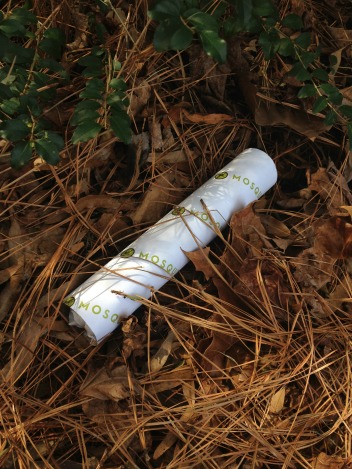It would be no surprise if you have never heard of tick-borne relapsing fever.
According to the CDC, there were only 504 cases of confirmed tick-borne relapsing fever between 1990 and 2011. Aside from the rarity of the illness, Central Mass residents will be happy to know that it is not in Massachusetts. Though 15 western states account for most cases, California, Washington, and Colorado are the most prominent states, where infection occurs. Tick-borne relapsing fever occurs mostly in the summer, but winter infection is possible. The ticks responsible for passing this illness thrive in coniferous forests at elevations of 1,500 to 8,000 feet. If you are considering a rustic cabin rental in a western state, you should know about this rare illness. You should wear tick protection and protective clothing. You should ask the rental company for proof that the cabin has been treated for ticks.

What tick is responsible for the illness?

The O. hermsi tick is responsible for most cases of this infection. This soft tick lives mostly at higher elevations, and can live up to a decade. During its life, the O. hermsi will take multiple blood meals, their main food source being chipmunks and squirrels.
Borrelia hermsii are the bacteria that cause the illness. Not so closely related to Lyme disease bacteria, Borrelia burgdorferi, these bacteria can cause symptoms akin to Lyme infection. They include a high fever, muscle aches, and joint pain. The interesting thing is, the high fever will come and go in cycles. Three days of high fever will be followed by seven days of no fever. Then, three more days of fever will occur. If left untreated, this will repeat multiple times.
Can tick-borne relapsing fever be treated?
Patients, who receive a positive diagnosis will be prescribed antibiotics for 10 to 14 days. About half of patients experience an adverse reaction within the first four hours of treatment. Known as Jarisch-Herxheimer, the reaction includes low blood pressure, high fever, and rigors. This too, must be treated. Patients must be monitored when they start treatment for tick-borne relapsing fever.
Deploy Cambridge tick control at home and personal protection away from home.

While the illness can be treated and cured, protection is key. Folks, who love the outdoors, must practice personal tick protection. Whether you are at home or away from home, avoiding a tick bite is better than being treated for a tick-borne disease like relapsing fever or Lyme disease. Central Mass residents should be vigilant with their at home tick control by employing a professional Cambridge tick control company. Professional tick treatment is available all year long. Barrier protection spray will protect your yard from spring through fall, and tick tubes will further tick control efforts through the winter.

Central Mass tick enthusiast